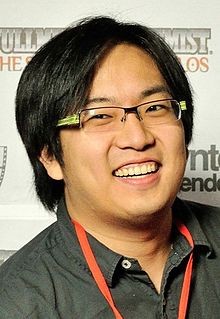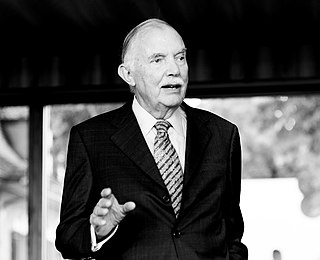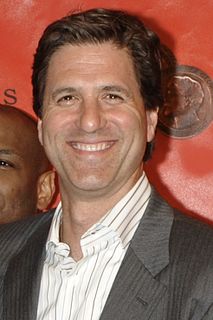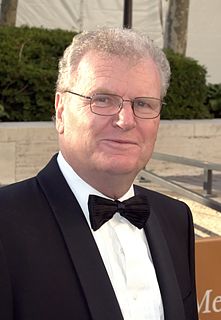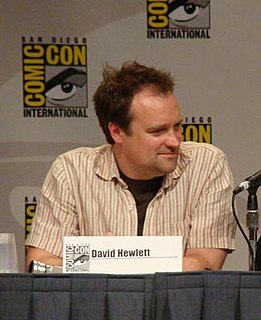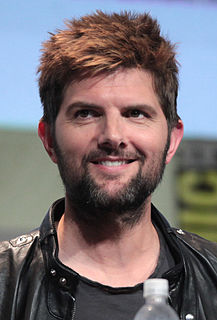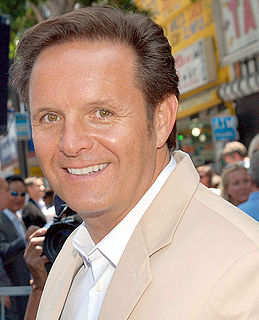A Quote by Freddie Wong
Thanks to Netflix and Hulu, people are getting more and more used to consuming longer stretches of content on their televisions or computer screens.
Related Quotes
Scientists are used to debating with one another about the finer points of new research. But increasingly, they find themselves battling their televisions and computer screens, which transmit ever-more-heated rhetoric from politicians, pundits, and other public figures who misinterpret, misrepresent, and malign scientific results.
I think right now there's more TV shows than ever. You've got network, you've got cable, you've got Netflix, you've got Hulu, even Amazon is putting out original content. So there's a lot of opportunities to find fans. You don't have to have a huge audience. You can cater to the people that like your stuff. So there is a boom in comedy and television and stand-up too through podcasting and all the different talk shows.
New platforms are emerging: Netflix, Amazon, Hulu and Xbox. And film actors are gravitating towards television, because there are basically better roles there. Television is making the kind of epics and genres that the movie studios used to make, and often doing it better with more complex narratives and corresponding budgets.
Young people, particularly in their teens and 20s, are not consuming sports the way my generation did. They are doing lots of things; they are multitasking. They are getting downloads; they are getting alerts on their computers or on their cellphones, and they are consuming sports in a more real-time but less full-time basis.
I'm an Amazon Prime member. I subscribe to Netflix and Hulu, and they have great user interfaces and some excellent original programs. But what truly distinguishes all three of these services is the utility of their vast libraries of acquired content, which also is a part of what makes each a platform, even if it has a 'house brand,' too.
